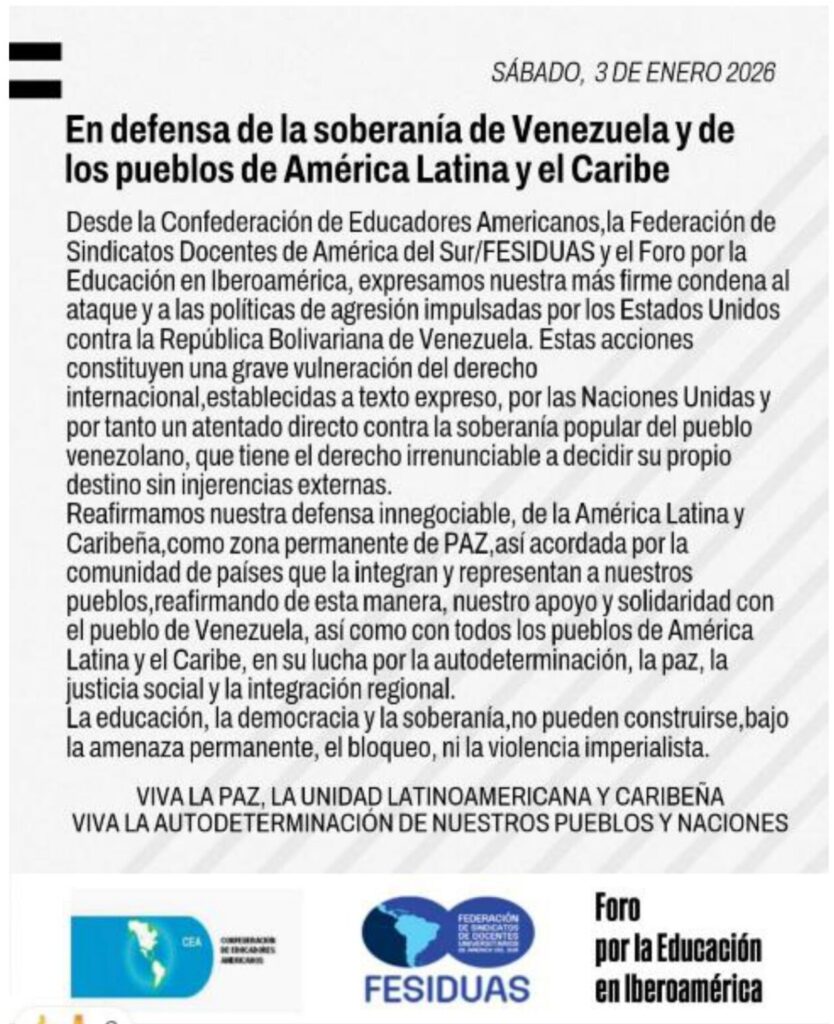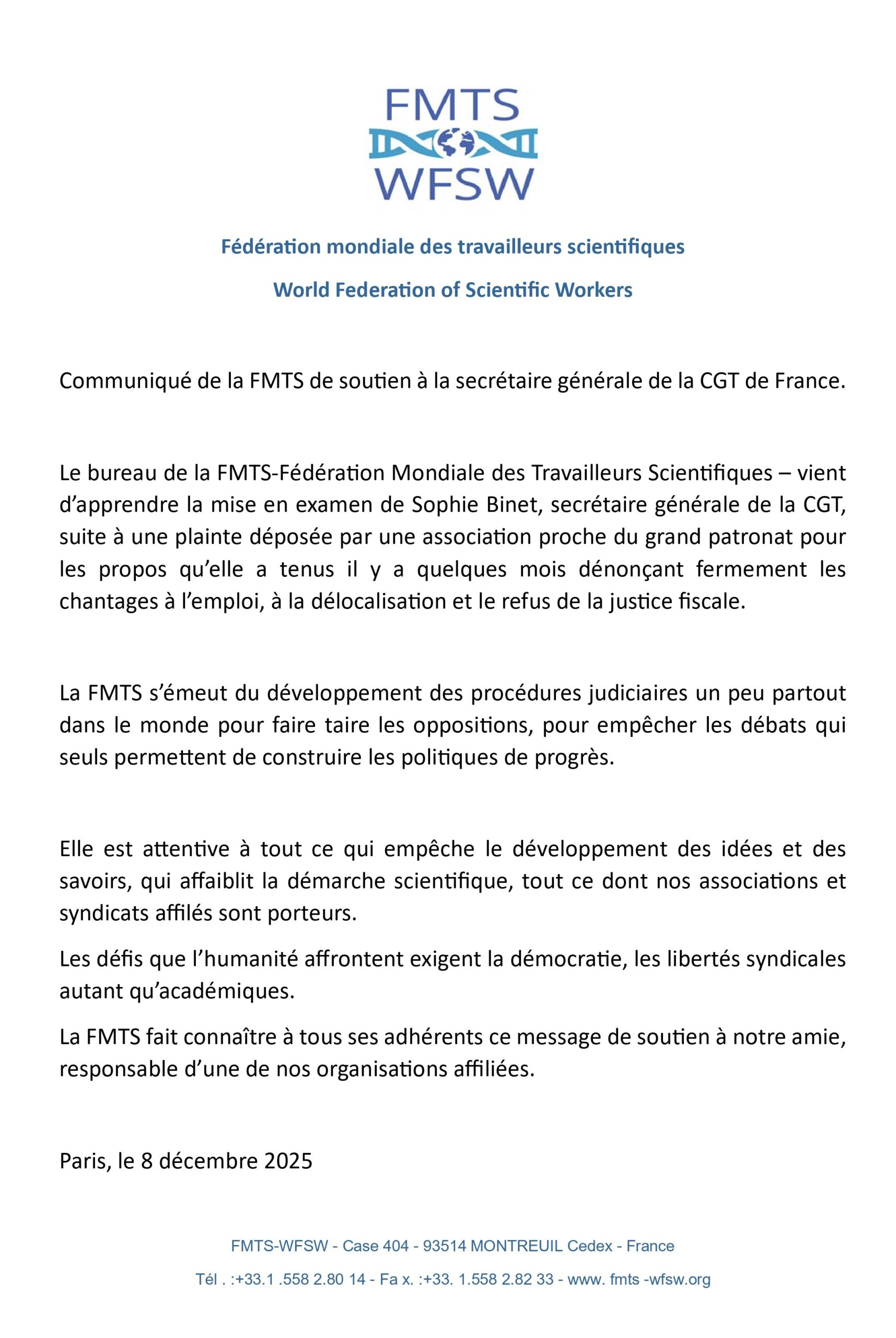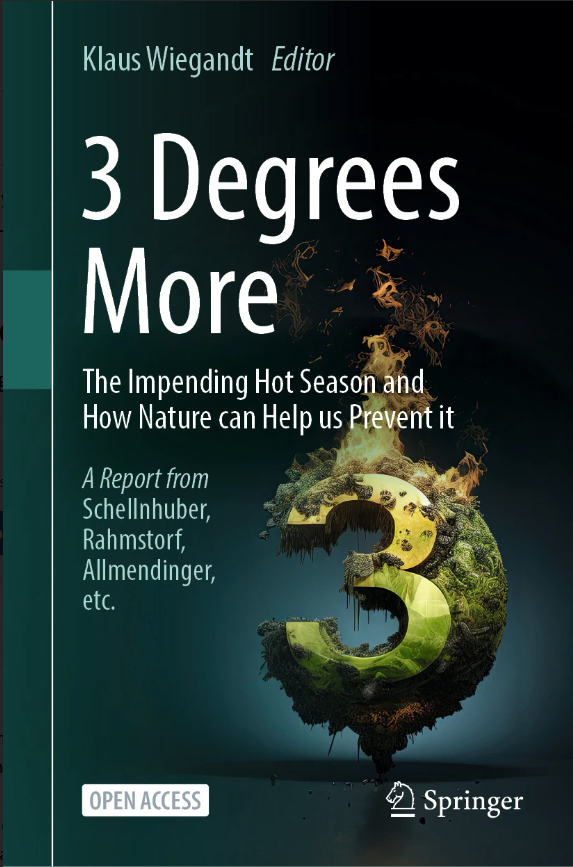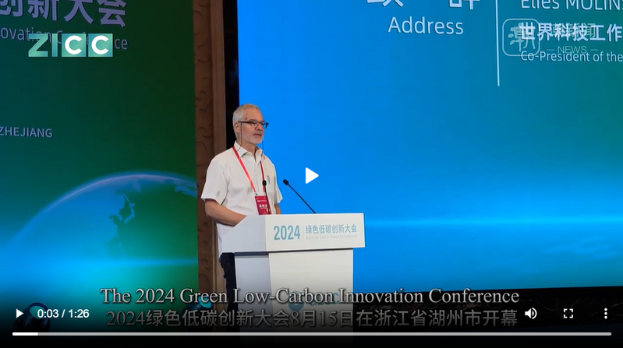Constitution
Translated by the International Secretariat
on the basis of the French version adopted at Nijni-Novgorod on 11th September 2013
by the 21st General Assembly
Document20131111Statuts FMTS_WFSWConstitution
IDENTITY
Art. 1 Preamble
Founded in 1946, the World Federation of Scientific Workers (WFSW) brought together national organizations of scientists strongly marked by the horror wrought by the destruction of the Japanese cities of Hiroshima and Nagasaki by the first atomic bombs. Its first president, the Nobel laureate Frédéric Joliot-Curie, was the initiator of the Stockholm Appeal, which demanded the absolute prohibition of the atomic weapons.
The existence of the WFSW was and remains a call to the entire scientific community to contribute to placing science and technology (hereinafter referred to as « science ») in the service of the well-being of humanity. Today, scientific knowledge has become decisive in most human activities.
Scientific workers, men and women, whether they be researchers, teachers, engineers or technicians, are increasingly challenged about their responsibility in connection with the impact of their knowledge and research on the future of society and on the sustainability of its development.
Faced with the feeling that science is all-powerful in the positive as well as negative sense, we assert that the orientation of the development of society is not a purely scientific matter. Science alone is powerless to fight against poverty, inequalities, hunger, wars, destruction of natural resources, threats to the environment. The essential factor lies in the will of peoples, in the political will of the established authorities.
The economic and social conditions of scientific workers play a decisive role. By acting with its affiliated organizations to obtain, in 1974, a Recommendation by UNESCO on the status of scientific researchers, the WFSW contributed to opening opportunities for emancipated professional activity to scientists.
Science, scientific research, use of discoveries, and innovation nonetheless remain, like the rest of the economy, under the domination of the market, in particular the world financial market. Scientific workers aspire to be freed from this weight and at the same time desire to respond to the needs and questions of humanity. They feel the need to act in accordance with their ethics. In the respect of academic freedom and individual responsibility, the scientific community, civil society, and more broadly citizens, men and women, must be associated in defining priorities. This is a democratic demand.
This is the meaning that the WFSW gives to the idea of social responsibility. It is thus that the WFSW participates in struggles for peace and disarmament, solidarity among peoples, social and durable development, for a new world economic order.
The WFSW maintains relations with any other NGOs concerned by the social role of science. The WFSW is an official partner of UNESCO.
Art. 2 The World Federation of Scientific Workers, hereinafter referred to as the “Federation”, is an international non-governmental, volunteer-based association of scientists from the natural and social sciences, researchers and teacher-researchers, engineers, technicians, and workers affected by higher education and research and the organizations to which they belong.
It is open to all scientists, regardless of their political, philosophical, or religious convictions, social status, ethnicity or gender.
OBJECTIVES
Art. 3 It is the goal of the World Federation of Scientific Workers to be involved internationally in all aspects of the role of science, the use of scientific discoveries, the implications of these findings for society, the rights and duties of scientists, social responsibility, and ethics in science.
COMPOSITION AND MEMBERS
Art. 4 The Federation is comprised of affiliated organizations and individual members.
Subject to the requirements of Article 2, any organization of scientific workers or national group of such organizations that endorses the objectives of the Federation and its constitution may be a member of the WFSW.
Anyone who meets the definitions in Article 2 and supports the goals of the Federation may be an individual member of the Federation.
Art. 5 The terms of membership in the Federation are defined by the rules of procedure
Art. 6 The official bodies of the Federation are the General Assembly, the Executive Council, the International Secretariat and the Financial Commission.
GENERAL ASSEMBLY
Art. 7 The General Assembly is the supreme governing body of the Federation.
The General Assembly is composed of delegates from affiliated organizations and of one delegate from individual members. Each affiliated organization may send a number of additional participants as observers to the General Assembly. Similarly, individual members may participate as observers to the General Assembly.
The General Assembly holds regular meetings at least once every four years. These meetings may be postponed for up to one year upon a proposal by the Executive Council approved by two thirds of the affiliated organizations.
Art. 8 Each affiliated organization may appoint a delegation to participate in the General Assembly, on the following basis:
* 1 delegate for organization with up to 1,000 members;
* 2 delegates for organization with 1,001 to 5,000 members;
* 3 delegates for organization with 5,001 to 15,000 members;
* 4 delegates for any organization with over 15,000 members.
Individual members shall elect one delegate.
Art. 9 The General Assembly shall adopt decisions consistent with the objectives of the WFSW. It is responsible for the general direction of the of the Federation’s activities.
The retiring International Secrétariat shall report to the General Assembly. The General Assembly shall examine the work of the Executive Council and ratify its decisions, including its recommendations for affiliation to the Federation.
The General Assembly may make decisions respecting any form of operations or the establishment of committees to perform tasks consistent with the objectives of the Federation.
The General Assembly shall determine the amount and form of payment of membership fees. It shall examine the financial documents presented by the Treasurer and approved by the Finance Committee. It shall approve the accounts.
The General Assembly shall ratify amendments to the Constitution and Rules of Procedure upon the written proposal of the Executive Council.
It shall elect by secret ballot the members of the Executive Council, the members of the Finance Committee, and the members of the International Secretariat functions to their respective offices.
It shall decide questions of Federation membership (affiliations and exclusions) upon the recommendation of the Executive Council.
Upon the proposal of the Executive Council or affiliated organizations, the General Assembly may elect as honorary members persons who have made a significant contribution to the work of the Federation. Honorary members are entitled to attend any meeting of the Federation on an advisory basis but may not vote.
The affiliated organizations and/or the Executive Council shall nominate candidates for the International Secretariat offices, the Executive Council and the Financial Commission no later than five weeks prior to the General Assembly.
Art. 10 Each delegate has one vote in the General Assembly.
Observers have no voting rights.
Delegate’s voting credentials shall be verified by a credentials commission appointed for that purpose by the General Assembly.
Art. 11 The Rules of Procedure shall define the nature of the preparatory documents to be made available to delegates.
All preparatory documents for the General Assembly shall be sent by the President upon approval by the International Secretariat not later than one month before the General Assembly meets. Urgent or unforeseeable circumstances notwithstanding, the documents shall be sent by e-mail. The Secretary-General shall guarantee that the proper documents are received by Federation members.
Any decision of the General Assembly must be adopted on the basis of a preliminary draft subject to amendment, submitted by the Executive Council or by a member of the Federation one month prior to the General Assembly meeting.
Voting shall take place by a show of hands and decisions made by an absolute majority, except for elections to official bodies or in the event that the President or at least two thirds of the delegates approve a secret ballot.
EXECUTIVE COUNCIL
Art. 12 The Executive Council is elected by the General Assembly. It is comprised of:
representatives of affiliated organizations,
individual members,
the members of the International Secretariat.
The Executive Council is the body responsible for guaranteeing that WFSW objectives are achieved, tasks undertaken by the WFSW are completed, and General Assembly decisions are carried out between sessions.
Executive Council meetings are chaired by the President of the Federation or the Vice President of the Executive Council.
The Executive Council may commit to any public action not explicitly or implicitly covered by a decision of the General Assembly, the constitution or the rules of procedure if and only if it has first obtained the consent of the majority of affiliated organizations. Each affiliated organization shall be informed of the proposed action one month prior to beginning of the public action. It shall be given notice of a date before which it must respond to give its approval or make known its disagreement. Failure to respond shall be considered as approval of the proposed action by the Executive Council.
The Executive Council has the power to co-opt. In particular, it has the power to appoint a member of the International Secretariat insofar as may be necessary by reason of a Council vacancy.
The Executive Council shall review the financial statements, approve the budget, and the reports of the Financial Commission.
Art. 13 The work of the Executive Council shall be prepared by e-mail. Notice of meeting shall be sent by the President orby its Vice President, upon the approval of the International Secretariat, no later than one month before the date of the meeting.
Executive Council decisions shall be made in a plenary session by an absolute majority of its members present. However, a motion by the president or vice president of the Executive Council prepared by the International Secretariat may be subject to an electronic vote within a minimum of one month after the issuance of the letter. The Secretary General shall guarantee the validity of the vote.
INTERNATIONAL SECRETARIAT
Art. 14 The World Federation of Scientific Workers is administered by an International Secretariat. It is comprised of at least six members with the following functions:
* the President of the Federation;
* two Vice Presidents representing different regions of the world;
* the Vice President of the Executive Council;
* the Secretary General;
* the Treasurer.
The members of the International Secretariat is elected by the General Assembly. They are from at least three different countries.
Any member of the International Secretariat of the Federation may be suspended or removed from his office by decision of the Executive Council. This decision is subject to approval by the General Assembly.
Art. 15 The International Secretariat is responsible for the ongoing administration of the Federation. It shall prepare the meetings of the statutory bodies (Executive Council, General Assembly) and organize the implementation of their decisions.
Art. 16 Meetings of the International Secretariat shall be held at the headquarters of the Federation and be attended of each of its members in person or through electronic media. Reports of votes taken at all meetings shall be sent electronically to the members of the Executive Council.
FINANCES
Art. 17 Funding for the Federation shall come from membership fees from affiliated organizations and individual members, profits from the sale of WFSW publications, grants from scientific institutions and from partnership agreements with UNESCO and other governmental organizations at the international or regional level. Affiliated organizations can make donations for specific uses.
Art. 18 Membership fees for affiliated organizations are based on a determined percentage of the membership fees that they receive of their members. This percentage and the amount of membership fees for individual members shall be fixed periodically by the General Assembly and included in the Rules of Procedure.
Art. 19 The Treasurer shall prepare the budget and establish the accounts of the Federation in cooperation with the International Secretariat.
For the purpose of financial oversight of the Federation, the General Assembly shall appoint a Finance Commission independent of the Executive Council comprised of no more than five members. The Finance Commission shall have access to all Federation accounting documents. The Finance Commission shall submit its reports and recommendations to the Executive Council and the General Assembly.
ADMINISTRATION
Art. 20 The location of Federation headquarters shall be determined by a vote of the General Assembly.
Art. 21 The Federation shall publish an official website on which all decisions of its official bodies shall be available.
Art. 22 The constitution of the Federation may be amended by the General Assembly only, upon the proposal of the Executive Council or motions of affiliated organizations, provided that the decision has received the approval of two thirds of the delegates present.
Art. 23 The working languages of the Federation shall be English and French.




